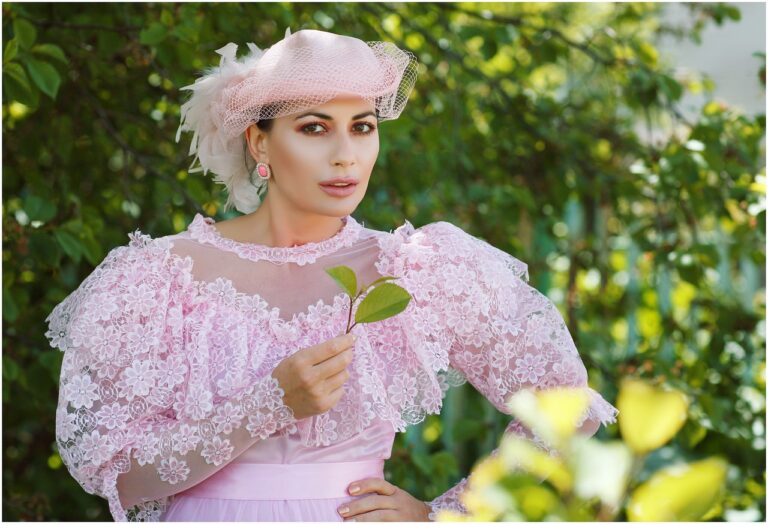Strategies for Boutique Fashion Brands to Implement Influencer Campaigns: 11xplay .com, Diamondexch999 sign up, Skyexchange
11xplay .com, diamondexch999 sign up, skyexchange: Strategies for Boutique Fashion Brands to Implement Influencer Campaigns
In today’s digital age, influencer marketing has become a powerful tool for brands to reach their target audience and increase brand awareness. Boutique fashion brands, in particular, can benefit greatly from partnering with influencers to showcase their unique products and style. However, creating a successful influencer campaign requires careful planning and strategy. In this article, we’ll discuss some effective strategies for boutique fashion brands to implement influencer campaigns and maximize their impact.
1. Define Your Goals
Before diving into an influencer campaign, it’s essential to clarify your goals and objectives. Are you looking to increase brand awareness, drive traffic to your website, or boost sales? By clearly defining your goals, you can tailor your campaign to achieve the desired results.
2. Identify Your Target Audience
Understanding your target audience is crucial for selecting the right influencers to partner with. Take the time to research your audience demographics, interests, and online behavior to ensure that your chosen influencers align with your brand and resonate with your target customers.
3. Choose the Right Influencers
When selecting influencers for your campaign, focus on quality over quantity. Look for influencers who have a genuine connection with their followers and whose style aligns with your brand aesthetic. Micro-influencers, in particular, can be highly effective for boutique fashion brands as they often have a more engaged and loyal following.
4. Collaborate with Authentic Content
Encourage influencers to create authentic and creative content that showcases your products in a natural and relatable way. Avoid overly promotional or scripted content, as this can come across as inauthentic and turn off followers. Give influencers creative freedom to express their unique style while still aligning with your brand image.
5. Leverage User-Generated Content
In addition to influencer-created content, encourage your customers to share their own photos and reviews of your products. User-generated content can help build social proof and credibility for your brand, as well as create a sense of community among your customers.
6. Track and Measure Success
To evaluate the effectiveness of your influencer campaign, track key performance metrics such as engagement, reach, and conversions. Use tools like Google Analytics and social media analytics to monitor the impact of your campaign and make data-driven decisions for future campaigns.
7. Build Long-Term Relationships
Invest in building long-term relationships with influencers who are genuinely passionate about your brand. Collaborating with the same influencers over time can help create a consistent brand message and establish trust with their followers.
8. Offer Exclusive Discounts and Promotions
To incentivize followers to make a purchase, consider offering exclusive discounts and promotions through influencers. Limited-time offers and promo codes can drive urgency and encourage…
—
FAQs
Q: How can boutique fashion brands find the right influencers to partner with?
A: Boutique fashion brands can find the right influencers by conducting thorough research, analyzing their target audience demographics, and evaluating the influencer’s content, engagement, and authenticity.
Q: How can boutique fashion brands measure the success of their influencer campaigns?
A: Boutique fashion brands can measure the success of their influencer campaigns by tracking key performance metrics such as engagement, reach, conversions, and sales. Using tools like Google Analytics and social media analytics can provide valuable insights into the impact of the campaign.
Q: What are some common pitfalls to avoid when implementing influencer campaigns?
A: Some common pitfalls to avoid when implementing influencer campaigns include partnering with influencers who don’t align with your brand values, using overly promotional content, neglecting to track and measure results, and failing to disclose sponsored content properly. By carefully planning and executing your influencer campaign, you can avoid these pitfalls and maximize your success.







